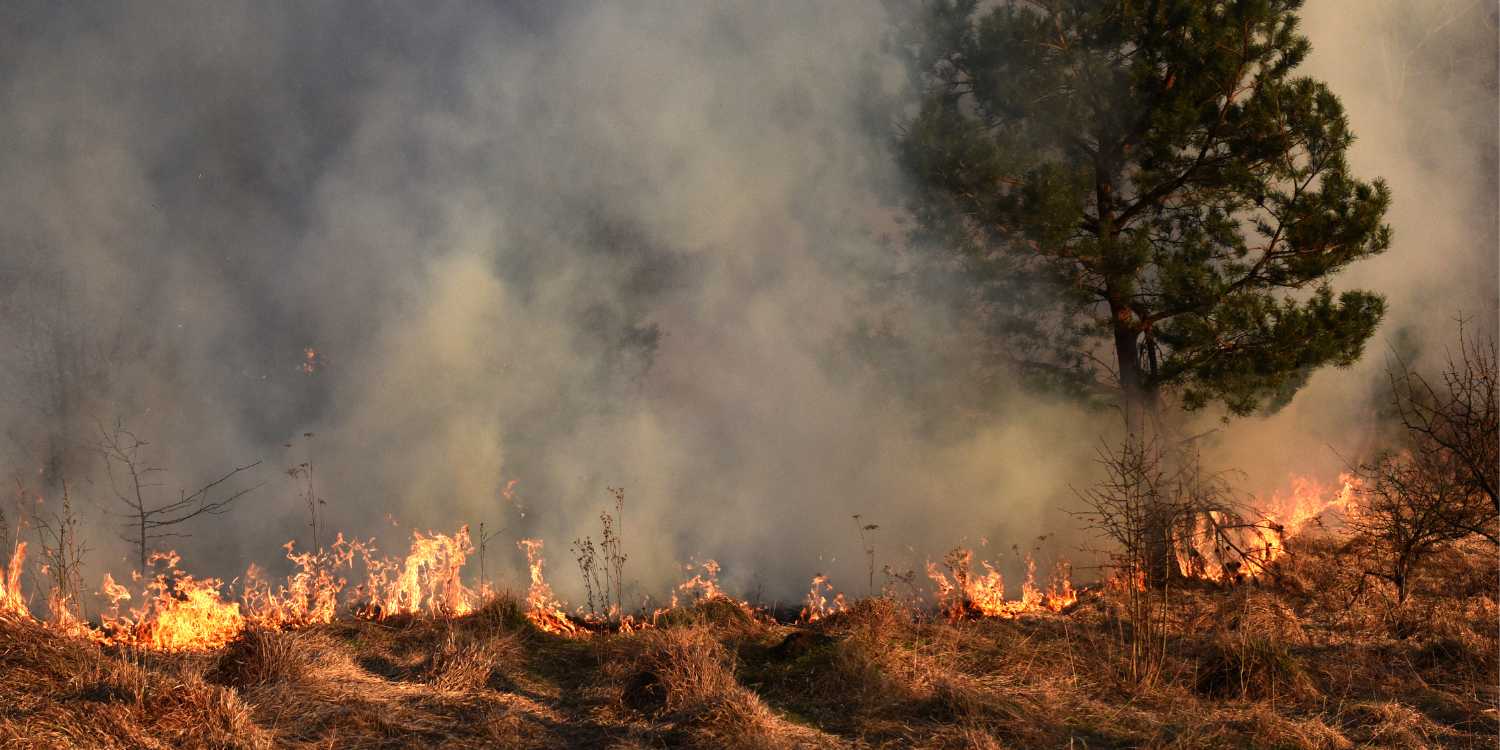
Why Are The Forests Burning & What Can We Do?
If you’ve been keeping an eye on the social media recently, chances are you’ve seen coverage of the wild fires burning through the Amazon rainforest. Rightly so, communities all over the world have been outraged that more hasn’t been done to prevent fires from consuming one of the earth’s most vital resources. The extent of the issue became clear on August 19th 2019, when Sao Paulo experienced a daytime blackout caused by the smoke rising from the Amazon rainforest fires, sparking interest and commotion on social media with the #PrayForAmazonas hashtag.
Despite local government in Brazil blaming El Nino and changeable climate, the high humidity levels in the Amazon dictate that these fires are almost certainly caused by the excesses of our modern lifestyles rather than a natural event. The smoke generated from these fires could contribute to climate change, although experts have been quick to point out that the future long-term implications of this particular wildfire and others like it are difficult to pin down.

As alarming as all this sounds, it’s important to factor in the wider context of why these fires are being started so that we’re ultimately better equipped to prevent them. Unfortunately, exploiting the Amazon is extremely lucrative. Agricultural land clearing is a big reason as to why fires are started in the first place. Both big corporations as well as a local small-time farmers need to clear the land to make way for their crops (mostly to plant soy which is then used as cattle feed for the meat and dairy industries). Rather than hack through the dense vegetation with a machete or machines, fires are started to quickly and efficiently scorch the land so that space is cleared for farming. These ‘controlled burns’ are used worldwide to manage deforestation efforts and quickly prepare land for agricultural use.
Despite the focus often being placed on the meat and dairy industry, It’s not just farming that’s having an effect. Everything from illegal gold mining, logging and even wildlife trafficking adds extra fuel to the (literal) fire burning in our backyard. The impact of all these industries together is having a catastrophic effect due to the rapid way trees are being cut down (effectively not allowing for regrowth). National governments legally have jurisdiction over the policies of land clearing, so if, say the Brazilian government, doesn’t actively stand up against burning and land-clearing tactics, it can be tough to really crack down on this over-exploitation of the Amazon in a real and meaningful way. So, what can be done?

The Brazil Coalition on Climate, Forests and Agriculture, has been working to create a proposal, aiming to serve as a roadmap for a new development model - Amazon 4.0. This initiative is essentially designed to bring modern standards of practise to the way that the Amazon is managed and is set to make a big impact. It’s possible to buy or sponsor land in the Amazon and act as a personal custodian for your own piece of the rainforest. Taking personal responsibility for this issue is the single biggest way to realistically effect change that you can control. There are also initiatives to provide aid for indigenous communities living in the Amazon to help support them in times of crisis. Aside from charitable efforts, the single biggest change we can make to help the Amazon is to critically rethink our consumption of paper, wood, meat and dairy in order to reduce the global demand for products which directly contribute to damaging the rainforest.

While fires can sometimes be a positive force, helping nature to regenerate and grow stronger. It takes around 40-50 years for a forest to regenerate completely after a fire, so the more fires that occur, the more vulnerable the landscape will be (and thus more prone to future fires). While dousing the flames is the current priority, the longer-term compass should be set to dealing with deforestation and its far-reaching effects.

Leave a comment
This site is protected by hCaptcha and the hCaptcha Privacy Policy and Terms of Service apply.